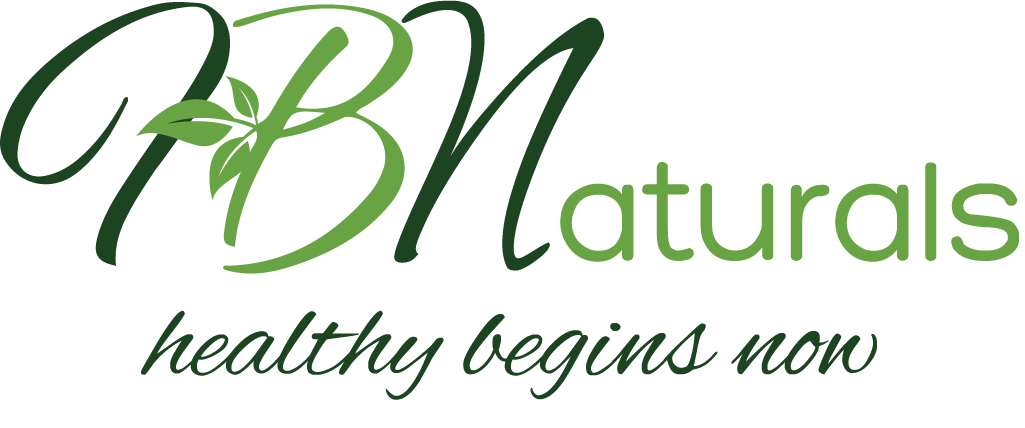education
What Is CBD?
Cannabidiol (CBD) is the main active compound found in hemp, and it has significant medical benefits. Unlike THC, it won't get you "high", which makes it an appealing option. CBD is just one of hundreds of cannabinoids, terpenes, and phytonutrients present in hemp and beneficial to your overall health and wellness.
Cannabidiol (CBD) is just one of over 85 naturally-occurring constituents identified in the hemp plant. The most abundant non-psychoactive cannabinoid found in hemp, CBD is becoming increasingly popular due to highly publicized exposure in the media and the wide scope of its benefits on health and wellness. Clinical reports and mounds of test data showing little to no side effects and a lack of the psychoactivity typically associated with marijuana products and high THC levels have also contributed to CBD's rise in popularity. CBD will not adversely affect sensory awareness, perception, consciousness, reaction time, or behavior.
Cannabinoids, which can be either consumed or produced naturally by the body, are chemical compounds that interact with the endocannabinoid system (ECS), our body's central regulatory system. The ECS, a physiological system first discovered in the late 1980's, regulates the body's general state of balance, impacting such functions as mood, sleep, appetite, hormone regulation, and pain and immune reponse.
Cannabinoids have been found to have antioxidant and neuroprotectant properties, making them useful in a wide variety of health and wellness applications. In addition to its positive effects on the endocannabinoid system, CBD has been the focus of more than 23,000 published studies about cannabinoids in relation to various medical indications.
